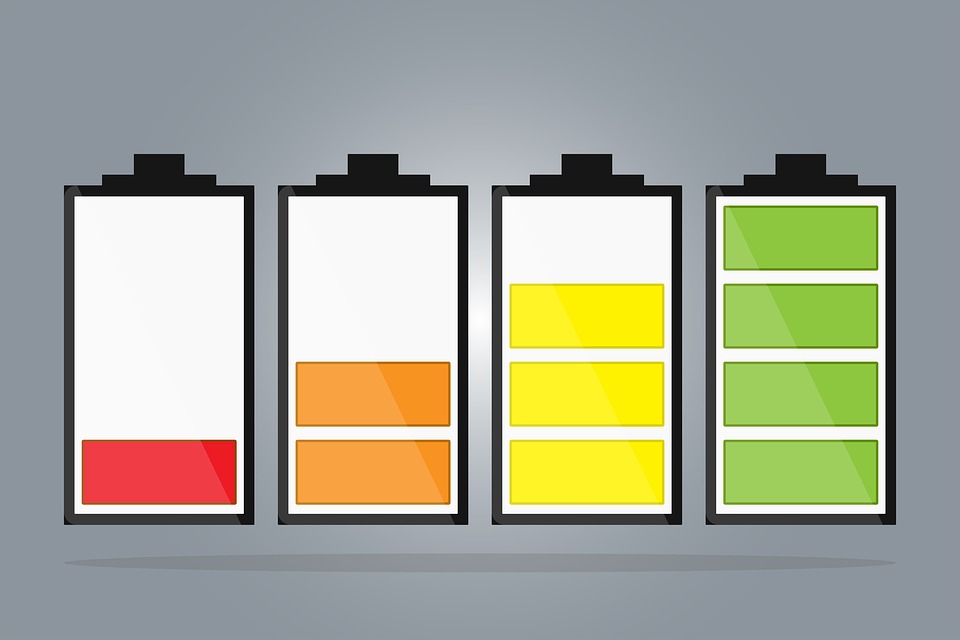Battery safety: New German test center
Lithium-ion energy storage systems are a key technology for e-mobility. Therefore, the German Federal Office for Materials Research and Testing (BAM) has opened a new battery test center at its headquarters in Berlin. The focus is on investigations into safety and sustainable battery materials.

©Pixabay
Electric energy storage systems supply power to electric cars, electric bicycles and smartphones. With a new test center in Berlin of the German Federal Institute for Materials Research and Testing (BAM), the Federal Institute with cooperating institutions from science wants to focus more on the safety of batteries. For example, a so-called runaway can trigger a chain reaction followed by extremely high temperatures and fires.
"We selectively expose individual cells, entire batteries or battery-powered devices to mechanical, thermal or electrical stress. We derive conclusions for safety assessment and the state of safety from the data collected using multisensory and imaging techniques," says head Dr. Anita Schmidt.
The test facilities make it possible, for example, to charge batteries cyclically at high charge rates and thus simulate accelerated aging. These findings are particularly important for the future, as second-life scenarios are increasingly in demand. In the future, for example, it should be possible to recycle used batteries from electric cars so that they can also be used, for example, in photovoltaic systems, in private households or as large stationary storage units.
Research into energy materials is also being carried out in the special laboratories. For example, sodium-ion batteries could one day replace the raw material lithium as well as components such as copper or cobalt. A large-scale battery test bench at BAM's Technical Safety Test Site will also take account of large-scale storage systems.
Source: BAM Federal Office for Materials Testing and Research









